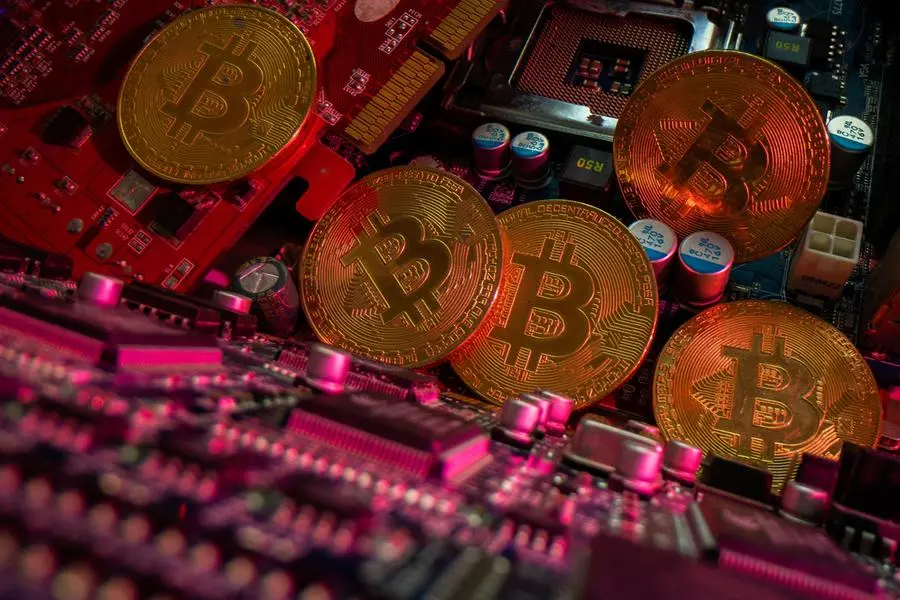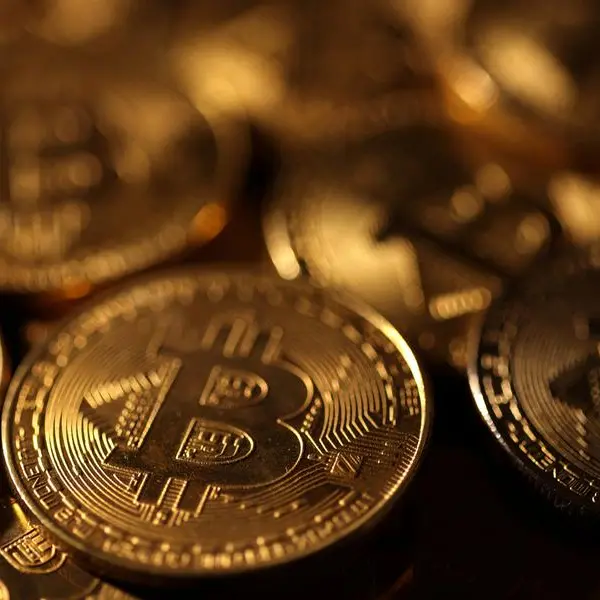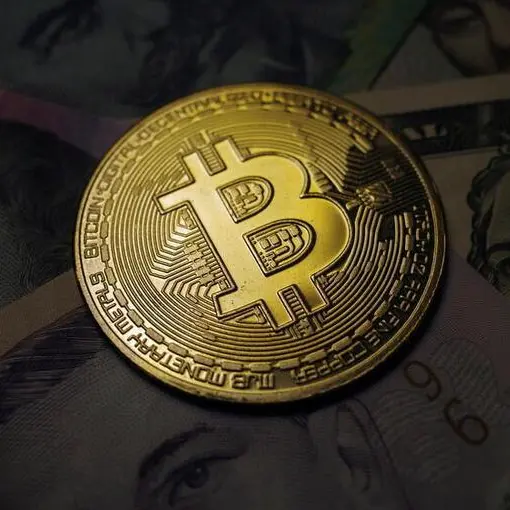PHOTO
If 2022 was the year that "broke bitcoin", 2023 has been the year of trauma recovery.
Bitcoin has bounced pluckily in the face of depressed crypto prices, low trading volumes and tough economic conditions. It even found a second wind in October following a summer slump.
"We've had a nice recovery, but we're just in the cusp of the new cycle," said Kevin Koh, co-founder and managing partner at investment firm Spartan Group.
Indeed, 2023 has been a surprisingly good year for bitcoin.
The king of cryptocurrencies has leapt 164% since Jan. 1 and is trading above $40,000. It has outpaced traditional assets, including gold which has risen 10% and the S&P 500 which has gained 20%.
Bitcoin also increased its share of the total cryptocurrency market, from 38% to above 50%, according to CoinGecko data. The overall crypto market cap has swelled to $1.7 trillion from $871 billion at the end of 2022, with ether's price jumping 95%.
Much of bitcoin's gains came later in the year as a potential U.S. spot bitcoin exchange-traded fund (ETF) and hopes of easier monetary policy renewed investor energy.
Trading volumes have picked back up too, with the combined spot and derivatives trading volume on centralized exchanges hitting $3.61 trillion in November, up from about $2.9 trillion in January, according to CCData.
Meanwhile, stablecoins - cryptocurrencies whose value is pegged to a real world asset like the dollar - have also grown. Tether, the largest such coin, has seen its market cap soar to an all time high of over $90 billion.
FALL OF TITANS
After a torrid 2022 saw the downfall of FTX and Sam Bankman-Fried, 2023 has seen more crypto giants come a cropper.
Binance chief Changpeng Zhao, plead guilty to breaking U.S. anti-money laundering laws, most notably, part of a multi-billion dollar settlement with regulators. The co-founder of Voyager Digital also found himself on the wrong end of American regulatory action, while Celsius founder Alex Mashinsky was arrested in the U.S. in July, pleading not guilty to criminal counts including securities fraud.
And not forgetting SBF - after a whirlwind trial, the former industry poster child was convicted of fraud in November.
On a brighter note, Ripple's XRP token clocked gains of 82% for the year after a key legal victory for the industry when a U.S. judge ruled Ripple Labs' sales of the token on public exchanges did not violate securities law.
BITCOIN IN 2024
Most of bitcoin's 55% run in the fourth-quarter has been attributed to bets that a spot bitcoin ETF will be approved in the U.S. and pull in money from retail and institutional investors alike on the ease of gaining exposure to the digital asset on a regulated stock exchange.
Asset management giants like BlackRock and Fidelity are among the 13 companies that have submitted applications to the U.S. Securities and Exchange Commission for the multi-billion dollar product.
Such a fund is expected to pull in as much as $3 billion from investors in the first few days of trading and billions more thereafter.
Not everyone is as bullish though.
J.P.Morgan expects the crypto market recovery to continue through the expected approval in early 2024, however, remains skeptical of the magnitude of success in adoption that broader market is pricing in.
JPM expects the bitcoin ETFs to pull in assets in the low or low to mid-single digit percentage range of the $1.7 trillion crypto market compared with some optimistic outlooks of 10%.
If adoption falls short of investor expectations of around 10%, crypto markets could reverse their recent gains, it said.
To some market watchers, though, it looks like the current bitcoin recovery is still in early stages.
The net dollar-denominated realized profit locked in by bitcoin investors has reached $324 million per day, which remains an order of magnitude below the peaks experienced during the later stages of the 2021 bull market, which eclipsed $3 billion a day, according to analytics platform Glassnode.
This suggests bitcoin's current performance remains very much within the bounds of an early rather than a late-stage bull market, Glassnode said.
(Reporting by Lisa Mattackal and Medha Singh in Bengaluru; Editing by Pravin Char)




















